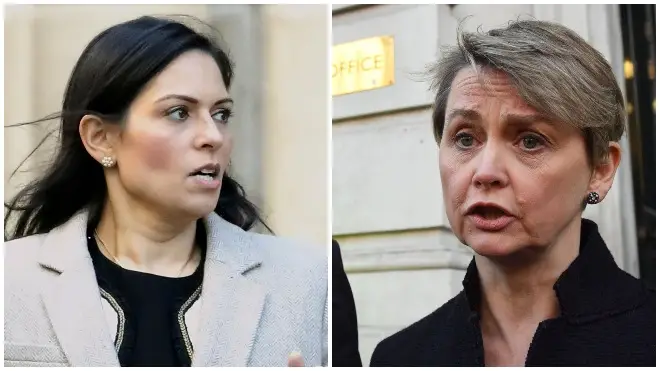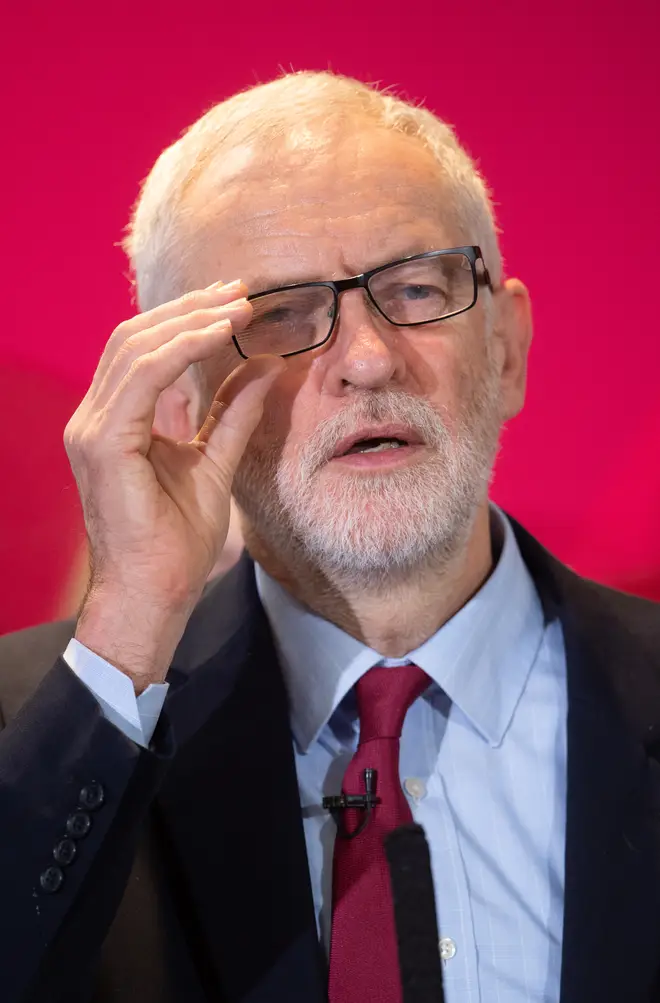
Oli Dugmore 4am - 7am
30 November 2019, 18:07

Senior politicians have become embroiled in a row over how the London Bridge terror attack was allowed to happen just a day after the attack.
The Home Secretary, Priti Patel, has blamed a previous Labour government after Yvette Cooper, Chair of the Home Affairs Select Committee in the last parliament, asked how the London Bridge attacker could have been released when he was labelled a danger to the public.
Priti Patel took to Twitter to respond to Labour's Ms Cooper, who had posted a series of tweets asking questions about Usman Khan's release.
In the first of a series of tweets, Ms Cooper said: "Usman Khan was sentenced for serious terror offence in Feb 2012. Thought to be so dangerous by judge he was given IPP sentence to prevent release if still serious threat.
"Instead he was released 6 yrs later without Parole Board assessment. How cd this be allowed to happen?"
How many other convicted terrorists may be in a similar situation? Govt was warned about the risks of ending IPPs, the lack of resources for probation, monitoring and rehabilitation, and about the number of convicted terrorists due for release. What action did they take? ..7
— Yvette Cooper (@YvetteCooperMP) November 30, 2019
Ms Patel responded: "Because legislation brought in by your government in 2008 meant that dangerous terrorists had to automatically be released after half of their jail term.
"Conservatives changed the law in 2012 to end your automatic release policy but Khan was convicted before this."
Ms Patel had earlier visited the scene of the attack with the Prime Minister, which she also posted about on social media.
Jeremy Corbyn said questions need to be urgently answered regarding the roles of the Parole Board and probation services, but Ms Patel tweeted the Labour leader to clarify the Parole Board's position that it had no involvement in the decision to release the attacker.

Sentences of Imprisonment for Public Protection (IPPs) were introduced in 2005 and given to violent or sexual offenders who posed a risk to society.
The sentences were abolished in December 2012 but not for existing prisoners, which included the London Bridge attacker Usman Khan, who was released 11 months ago.
A prisoner serving an indeterminate sentence would stay in prison until it was found they were safe to be released, meaning they could remain locked up for decades if they were still thought to be dangerous.
Khan and two others were originally given indeterminate sentences with a minimum term of eight years, but successfully appealed against their indeterminate sentences and had them dropped by the Court of Appeal in 2013.